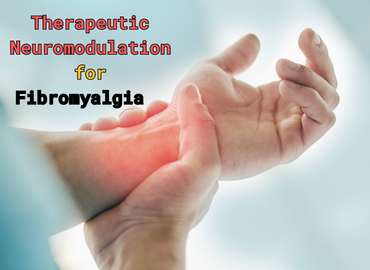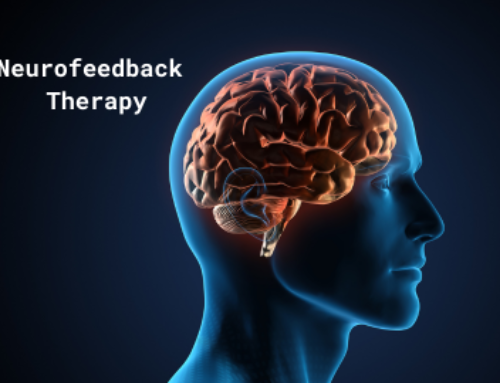Therapeutic Neuromodulation for Fibromyalgia
What is fibromyalgia? Fibromyalgia is a chronic disorder that is fairly common, with over 3 million cases showing in the U.S. every day. Living with fibromyalgia is a unique kind of difficulty. The main symptom is pain and tenderness, which can be concentrated or widespread and can be better or worse from one day to the next. Experiences vary. Other symptoms of fibromyalgia are memory issues, fatigue, joint problems, sleep disturbances, and inflammation. Again, experiences vary.
Causes of fibromyalgia are still unclear but the medical consensus so far is that fibromyalgia stems from the central nervous system (CNS) working incorrectly. A widely held theory is that fibromyalgia makes pain in the body worse by disordering how the brain and spinal cord process stimuli. Sometimes there is a major negative health event, like a serious infection or injuries from a car crash, that can be linked to the beginning of fibromyalgia symptoms. However, plenty of fibromyalgia patients have no such event to link anything to.
Fibromyalgia is frustrating not only to live with but to treat. There is no known cure, only management. Neuromodulation is emerging as an option for lessening the pain of fibromyalgia. The INS (International Neuromodulation Society) defines therapeutic neuromodulation as, “the alteration of nerve activity through targeted delivery of a stimulus, such as electrical stimulation or chemical agents, to specific neurological sites in the body.” Treatments that belong in the category of therapeutic neuromodulation, like transcranial magnetic stimulation (TMS), have been used since the 1980s, with different iterations approved for use treating disorders like major depressive disorder (MDD) along the way.
Is electric neuromodulation a viable option to help manage fibromyalgia? Numerous studies have been and are being conducted to determine if electric neuromodulation therapy is effective at reducing fibromyalgia symptoms, and results so far are promising. Much more research is needed before some important conclusions are drawn, but medical science is clearly on a path of discovery here. Hopefully results will stay positive and electric neuromodulation can help more fibromyalgia sufferers have a better quality of life, especially if they are not experiencing relief from pharmacology and/or lifestyle practices.
We’ll continue keeping track of developments in this field of study. We intend to stay aware of the latest treatments for depressive disorders and the issues that often run concurrent with them so that we can stay on the cutting edge of mental healthcare. We will continue to combine our enthusiasm with discernment and caution in what we offer at this clinic. For questions and appointments, write to us on our website or call (585) 442-6960.





